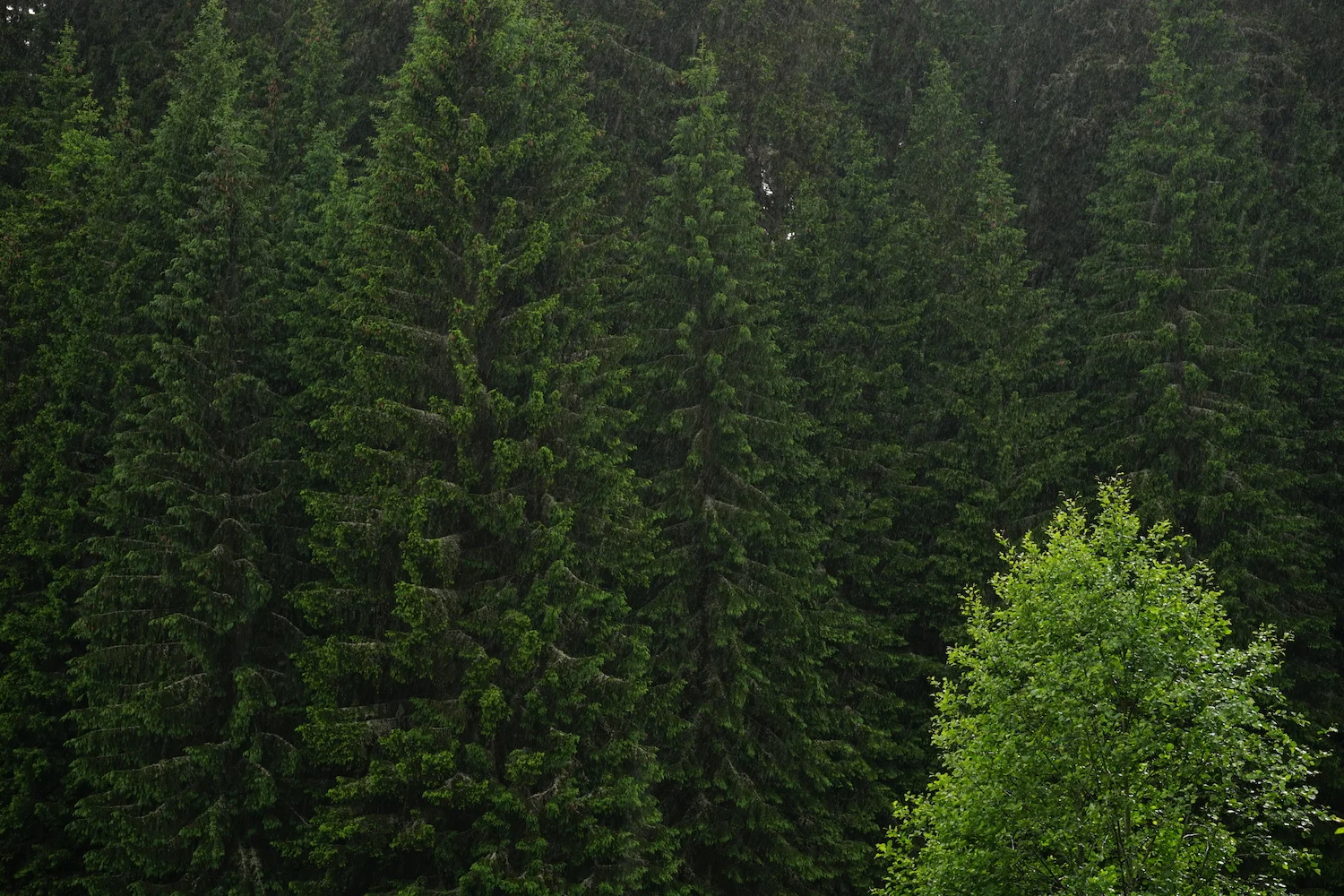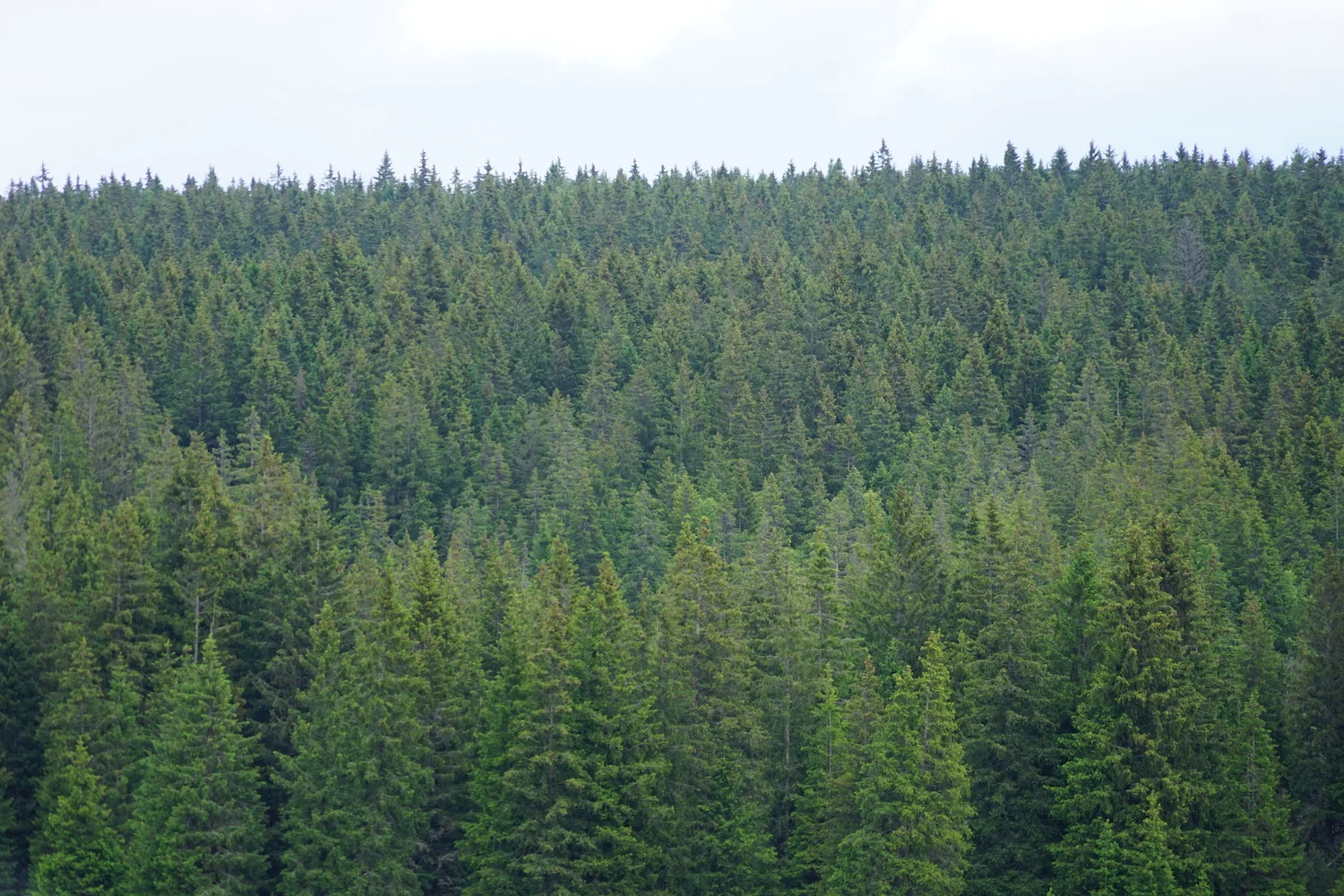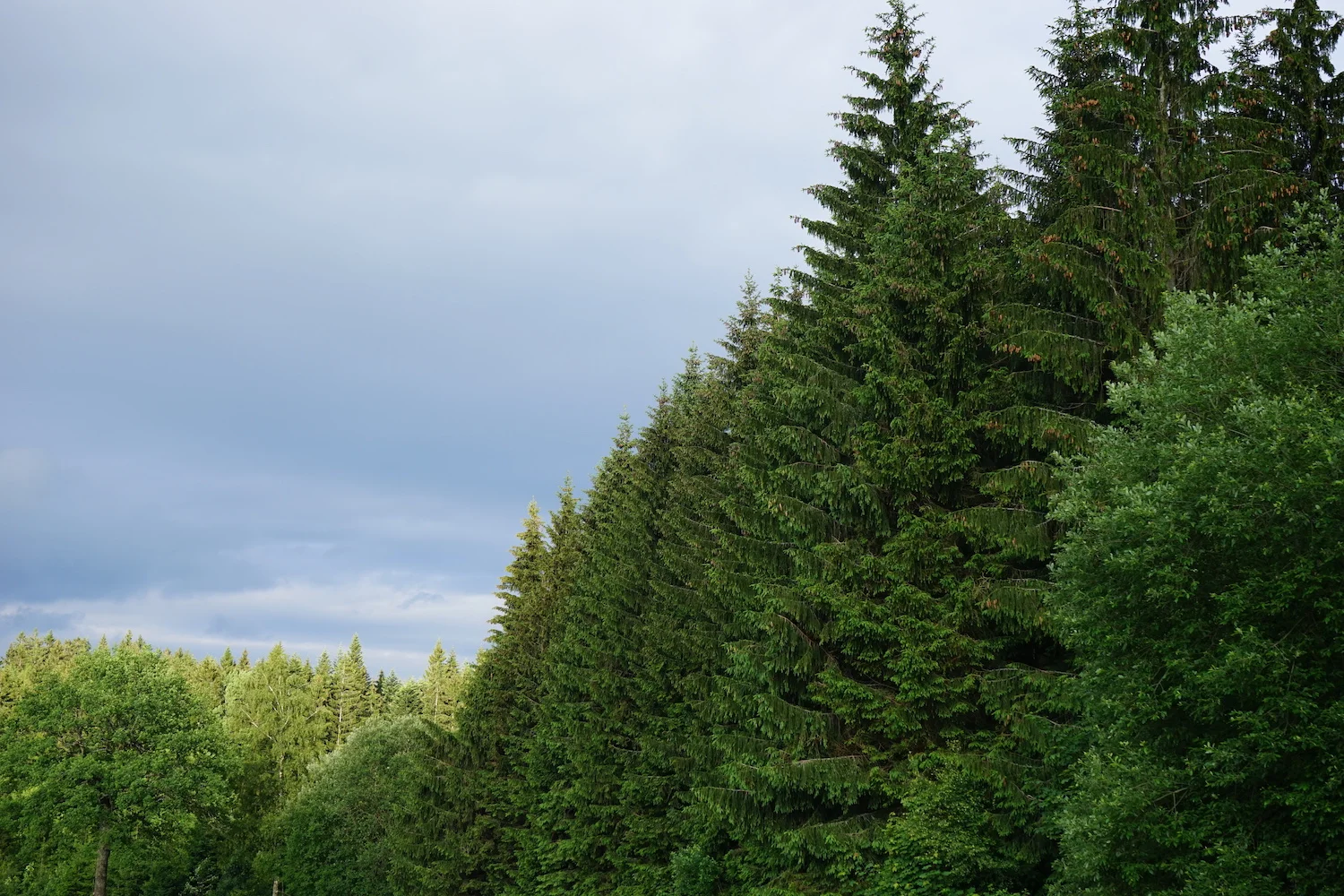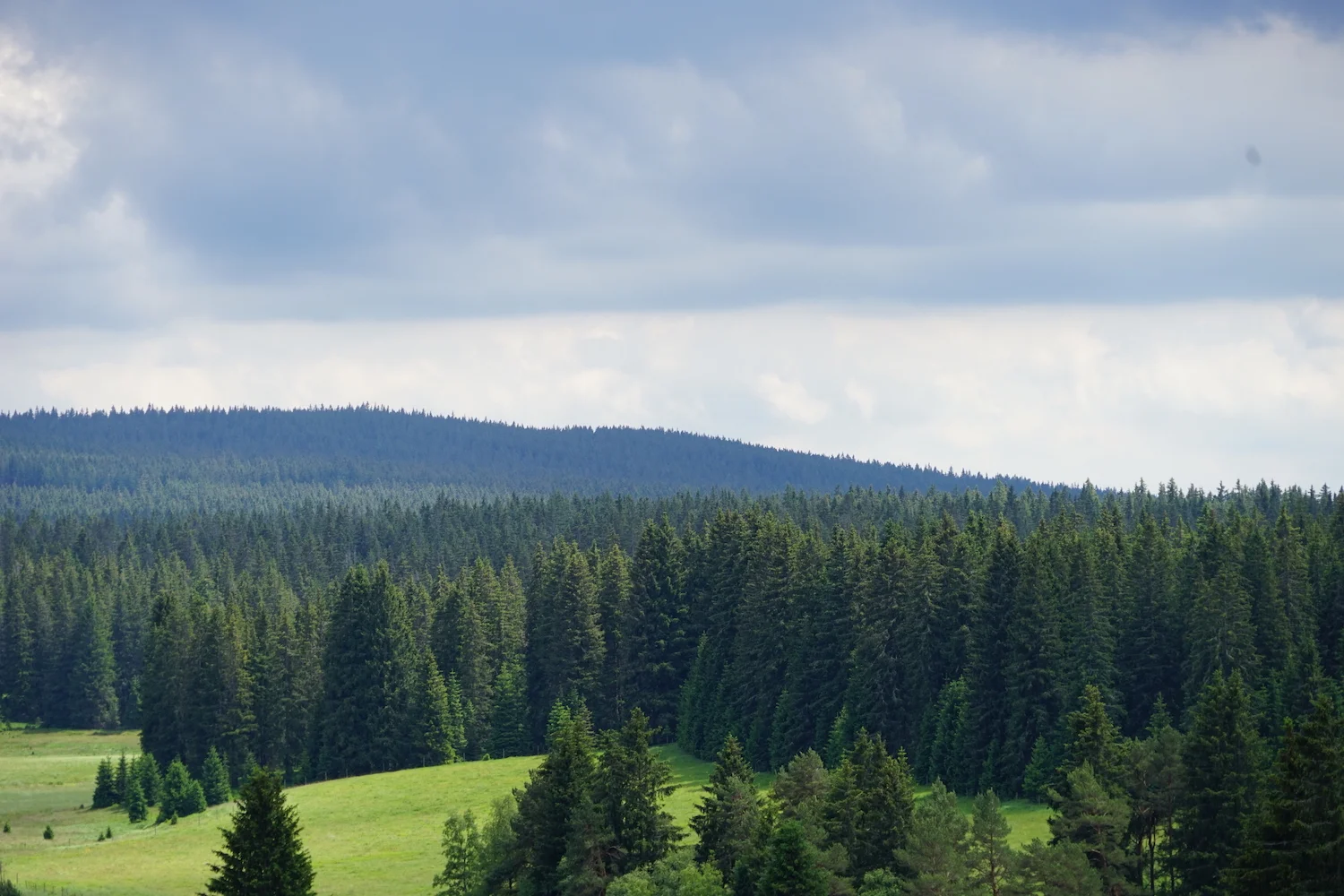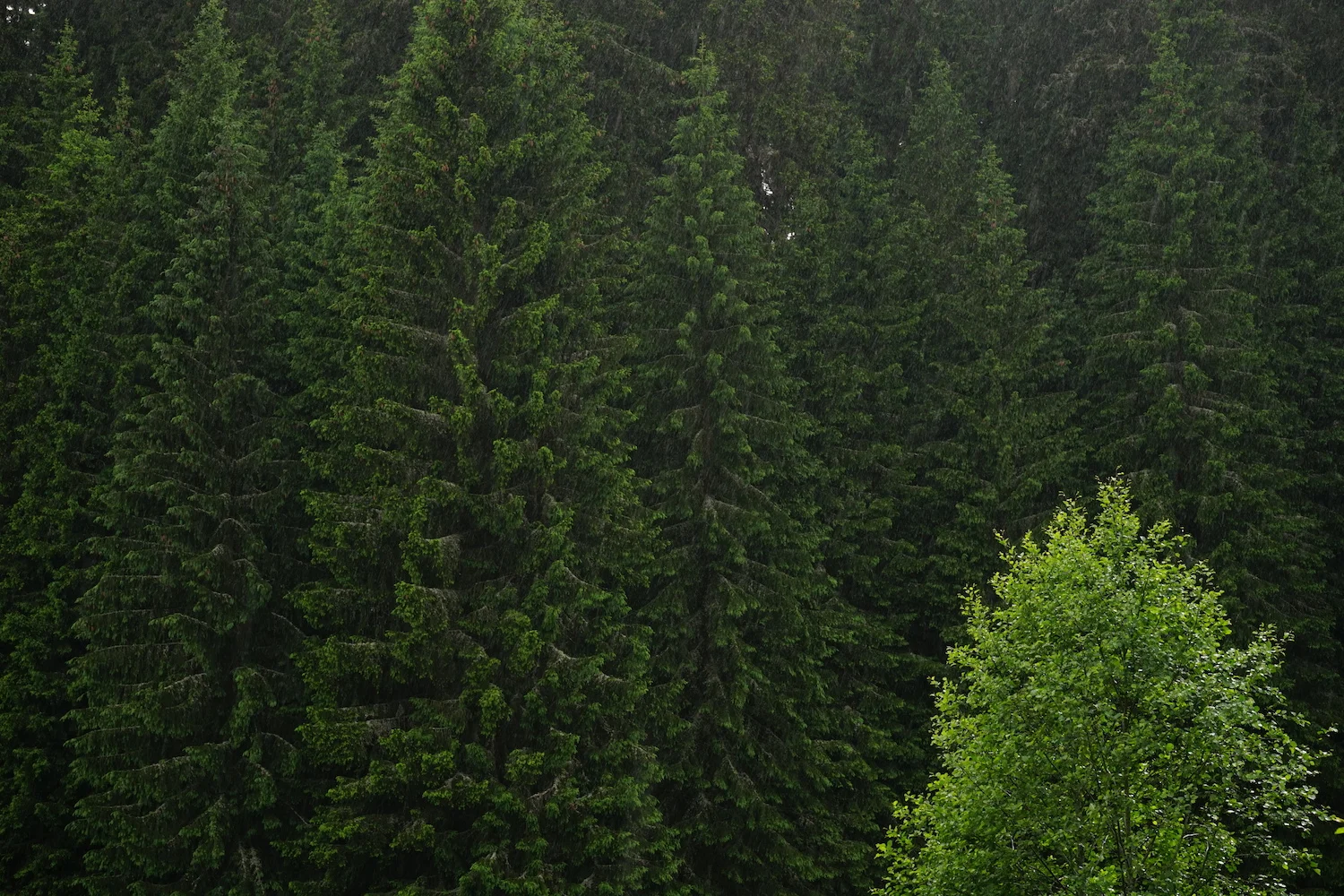Education Mojo
In The Divine Within Aldous Huxley writes that “although for hundreds of years we have been talking about mens sana in corpore sano, we really have not paid any serious attention to the problem of training the mind-body, the instrument which has to do with the learning, which has to do with the living. ...We pour this verbal stuff into them <children> without in any way preparing the organism for life or for understanding its position in the world — who it is, where it stands, how it is related to the universe. Moreover, we do not even prepare the child to have any proper relation with its own mind-body.”
Foresta Collective work around education aspires to contribute to the emergence of a mindset that is grounded in embodied and embedded nature of human being, that acknowledges both our individuality and interconnectedness. It expresses our understanding of a more ecological sense of self. In the context of education, interconnectedness is well understood by phenomena-based learning, connected to real life, where disciplines are interrelated and not separated into departments. Individuality, on the other hand, is expressed through personalised learning paths and supports people in finding their own ways of being, exploring the world, and contributing to making life more meaningful and flourishing.
In this story we reflect on our educational vision and practices, and on how do we try to expand awareness and imagination beyond the established perceptual logic of current cultural paradigm, linking large scale thinking to the immediate reality of everyday life and all steps in between. We sculpt our lives through ways we pay attention, imagine what’s possible and express it in the world. Often habits and established ways of perceiving and making sense of things shrink our awareness, presence and imagination on individual levels as well as impede movement towards societal renewal on collective levels.
Why change
We are born into the world that is not fresh for us to start. We come into the world with its history and established ways of doing things. Often we end up embodying and reproducing systems that pre-exist us, when in fact we need to consciously sort this inherited baggage out: what can stay and what needs to go. Times are changing, and it is clear that the “factory model” of education doesn’t fit into our contemporary world anymore. This text explores what education could be if it were to become an ally to creation of a healthy sustainable society and foster each person’s well-being in a broader sense of the word. Knowledge speaks to us in a variety of ways through multiple senses, so we insist that education’s role could be to embrace that, to teach to notice those divergent ways.
Briefly summarized, the current practices of education don’t fit into our contemporary worldview anymore for several reasons. One is the lack of fulfilment. Even those people who feel supported by the current model, often still do not live a fulfilling life. Educational paths people go onto help them develop specific skills or fill people with specific information, but fail to develop a more balanced individual, with their own hopes, talents, fears, passions, and aspirations. Personal integrity is often missing. In the standardised model, we are obsessed with productivity also when it comes to human beings. People are trained with instrumental concerns in mind, to “produce” this or that kind. In reality, we don’t train human beings. Human beings develop. They are their own agencies. What we can do is support this development.
With a more serious impact in each individual situation a further problem with the instrumental approach to human potential is that many people feel alienated by practices of standardisation and are left behind. This, moreover, also has far reaching consequences for a society as a whole (unemployment, depression, anxiety, crime,...). Talents of many are not being acknowledged and developed, they are not recognised by the value system of the current educational practices.
The predominant educational model also neglects the body. Children are taught to look at bodies in a reductionist way that undermines them. They are taught to have opinions, win arguments, solve abstractions, or make decisions to please others much more than to learn to listen to their intuition, be attentive to others in a sincere way, or find what’s true for them and to express it. For this to happen the view of the body needs to change. The world of the body is one where physicality, emotions, spirit, intellect and connection to the environment are unified. Embodied cognition science changes our basic assumptions about our own nature, about human intelligence. It shifts the view from the little “I” inside one’s head who rules the whole organism and gives its orders, to a much more holistic perspective of a body being an interrelated system and all the inner players being equally important (the entire human system is in fact a self-organising system). What people contribute to the world around them has everything to do with how they engage with the world within them.
Today, we are taught in school, but we actually don’t learn IN a place, as education is de-contextualised and universalised not only to be the same for all personal developments, but also referring to rather unspecific contexts. Hereby one’s own position in any referred occurrence is almost entirely abstracted. Personal experiences and encounters within the world are referred to as invalid sources and our senses are not trusted. Essentially, qualities such as empathy and attention, which are the foundation to perceive and take part in the world, are not valued as a practise in the educational system. Not to say that scientific models and systematic analysis should have no space in the creation of knowledge, but rather they are not knowledge per se, because latter is spatial and truth is contextual - or in other words all information and matter are in relative interdependence with the location (and velocity) of the observer in space (Einstein). This is what Aldous Huxley refers to as understanding one’s “position in the world.”
Finally, the ultimate trouble with the current approach is a consequence of the previous ones - it is a mindset of unsustainability as well as segregation and de-contextualized knowledge. As integrated body-mind organisms in space, we contain ecosystems within us and participate in broader ecosystems of nature in an interconnected complex world. As humans so well equipped technologically, but disconnected from our own inner worlds and the natural world of our planet as a whole, however, we are capable of making this planet unliveable.
Plurality of Worlds
“As human beings, we all live in two worlds. There is the world that exists whether or not you exist. It was there before you came into it, and it will be there when you have gone. This is the world of objects, events, and other people; it is the world around you. There is another world that exists only because you exist: the private world of your thoughts, feelings, and perceptions, the world within you. This world came into being when you did, and it will cease when you do. We only know the world around us through the world within us, through the senses by which we perceive it and the ideas by which we make sense of it.”
— Ken Robinson, Creative Schools
Drawing inspiration from Ken Robinson’s thinking, the inherent interrelatedness between human inner and outer experiences becomes evident in this passage. In fact, the two worlds that we have learned to separate (objectivity and subjectivity, facts and values, thinking and feeling) are quite connected. “How we think about the world around us can be deeply affected by the feelings within us, and how we feel may be critically shaped by our knowledge, perceptions, and personal experiences.” The conventional education pays very little attention to the inner world of the learners, as it is almost entirely focused on the world around. As Anais Nin once said “I do not see the world as it is, I see it as I am.” What we contribute to the world around also has much to do with how well we belong in the world within.
Norms become forms, into which life has hardened itself. Transformative processes, attempts to melt down old structures, might be chaotic, but are still better than the dead order of a rigid doctrine. Ken Robinson in the same book Creative Schools compares education that is a living process to the cultivation of plants. “Gardeners know that they don’t make plants grow.” He proposes to look at education from the four principles of organic farming. The first one is health - a holistic well-being, including being well intellectually, physically, spiritually and socially. The second one is ecology- the interdependence within each student and the outer world. Third is fairness - cultivating the individual talents and potential of all students. And the fourth one is care - creating optimum conditions for students’ development, „based on compassion, experience, and practical wisdom”.
Our understanding of values emerges from going to the roots, to basic questions, like: “what do I care for”, “how am I present in my environment”, “where am I going” and “who am I walking with”. Often there might be a correlation between the states of stress, anxiety and depression that people suffer from and the mismatch between their natural inclinations and ideas that are disconnected from their own felt sense. When our roots are entangled we become confused, we get out of touch with our felt sense, the understanding of what we need and what we don’t, what is good for us and what isn’t. We then might feel the urge to consult experts for every step, trusting in the rather restricted notion of intelligence, implied in the education model, which we usually identify with logical, verbal and quantitative measures and that we turn towards seeking for help. Losing touch with our inborn compass we become disempowered.
While sometimes problems are supposedly found in the disability to change the conditions around us, we believe that more crucial than the omnipotence to foster big change is the ability to be receptive and adaptive to a constantly changing world. The purpose of education could be to offer a large “portfolio of capacities” to the learners, that would allow them to be better equipped, to be tuned to themselves and the changing world around. Such education would include intuition, imagination, attention, rationality, and somatic awareness, as crucial components that can contribute to informing our decisions and point us to new practices. In such an approach it is important that those who teach or guide the learners are also continuously learning.
Educational philosophy and practice
Embodied Learning: Our vision and practice at Foresta KIDS
We want to describe in more details how we are rethinking learning experiences, striving to bring back awareness, intuition, imagination, critical thinking, pleasure, and other qualities into the processes within our practices at Foresta Academy, and specifically its part dedicated to working with children — Foresta KIDS.
When we were kids our education was so far from lived life that from the beginning of our journey with Foresta Academy we wanted to explore learning formats that would be rooted in complexities of everyday life. From personal experiences came a realisation that to deal well with life’s demands requires a full body presence. Often it’s not enough to be smart, and know many things. One needs to acknowledge and value different ways of knowing, as well as to find the balance between doing and reflection, activity and contemplation. This search for an approach to learning that is more integrated, attentive and tuned-in to lived life is a lifetime endeavour, and we are just at the beginning. We started designing learning experiences for people, adults and children, with a wish to combine creativity and somatic awareness in our projects. We called it embodied learning dedicated to creative expression. Not just for the sake of being creative, but as a possibility to develop a personal way of doing things, to live a life of one’s own, to continuously expand attention to the world around and find joy in all this.
It’s an ongoing adventure, through which we also recreate ourselves over and over. We see our role in holding the space, the environment that is inspiring people to learn, grow and be alive. A kind of flexible structure that can support people in being present, being honestly themselves, and attentive to the world around. Attention is at the core of our mores. Attention as both — respect towards life as it unfolds, not trying to impose from outside but rather being facilitators, as well as care — an ability to be involved, to give what is needed in different moments, to guide, to share our knowledge and experience when required. An example of such attention in action is education of senses through experiences. For instance, instead of looking at a tree in a book, we find it much more interesting to go to the tree, feel it, touch it, smell it, climb it, and then we can come back and draw, sculpt, play, write, talk to share our experiences. It is a sensitivity that goes both ways - to the world around as well as to oneself, and the processes of one's own body. Here are the principles in which we ground our work:
* Bringing theory and practice together.
The limitations of theories is that they tend to make people cling to a learned mental model, even when it’s not working in the present conditions of real world, or even people try to fit the new world into an old system of thinking. Practice is extremely important. It invites people to be present in whatever the situation is, and act as the situation requires, to be attentive, to find solutions.
* Holistic worldview and view of the individual.
Humans are complex embodied organisms, where everything is connected with everything. We understand wellbeing in a sense that includes physical, emotional, mental and environmental wellbeing, and strive to include these different aspects into our projects. We are interested in a more interdisciplinary worldview that allows to see connections between things and to explore the world around, both natural and human-made, through them. In such an approach the learning process is structured not around a concrete discipline, but around a chosen subject, and disciplines provide a meeting of distinct perspectives on this subject.
* All processes are based on tuned-in attention.
Process of learning is a process of self-discovery and development of sensibility towards one’s perception. Self-awareness is a key to wellbeing and finding one’s own voice and place in the world. Well-tuned attention also allows to build deep and honest relationships: to listen and hear, look and see, be and let be. It also relates to the philosophy of flow. Supporting the flow instead of trying to fit reality into a fixed structure is a training in being comfortable with the unknown.
* Inquiry-based approach.
It means that everything starts with a question and not with a ready answer. It develops personal agency and critical thinking. Critical thinking involves interpreting what’s intended, understanding the context, hidden values and feelings. In the age of information it means to separate facts from opinions, sense from nonsense, honesty from deception. It also includes engaging with knowledge as opposed to “having” it. We do not own knowledge. We build on it. Everything changes continuously, what we know today will be different tomorrow.
* Manifold self-expression.
We are multitudes. We explore our multifaceted versatile qualities, like a craftsman learns to balance strength and gentleness, speed and patience, working alone and asking for help. We experiment with expressing thoughts and feelings in a range of media, forms, and materials, such as clay, paint, words, wood, food, sounds, photographs, our own bodies.
* Focus on creativity.
Creativity is an inherent drive to experiment, inquire, ask questions, develop original thinking, generate new ideas and apply them in practice. It enables people to respond imaginatively to life and the world, to be uniquely themselves. Healthy developed creativity helps us in life - in situations we cannot predict, in the unknown ever-changing circumstances of the river of life - it helps us to stay open-minded, to adapt, to find new ways for being and doing. It’s a basis for smart decisions in life.
* Fostering cultures of collaboration.
Trust and empathy are the base. That is true for learners and educators alike. We value encounters on eye-level. Education is an encounter between someone who knows something and someone who knows something else. Everyone is a teacher and a student. Another aspect of cultures of collaboration are mixed age groups based on interests and wishes to explore together. Educating children by age group assumes that the most important thing they have in common is their date of manufacture. We don’t think so.
* Learning is fun!
Through and with enthusiasm, brain creates new connections so that we are able to learn, grow and feel inspired to live. Gerald Hüther has researched this subject extensively and formulates it very well.
Our understanding of fun includes a lot of space for Free Play. Free play as an unstructured time and space to explore the world without any external guidance. It’s an extremely valuable and necessary activity for any age group. It develops curiosity, willingness to try, to experiment, to make mistakes, and try again. It fosters autonomy of an individual - through independent action to find out what works for them and what doesn’t, what they like and don’t like, until they understand who they are in this process, and what is their way.
Free play is improvisation, but it still gives a framework, within which people can experience different situations, try things out, explore, create, learn about the world around, communicate with others, handle different situations, be changed by each other, and also discover things about themselves, their different reactions, emotions, abilities. They learn to develop different feelings and ways of being, and in this process also to own themselves through playing those different roles. They learn how multifaceted and versatile they are. Everyone involved into a play can be many things. For example, in stories about animals, each animal is a kind of crystallization of a character, a certain aspect of a personality: the rabbit, the bear, the wolf - everyone stands for something, has different qualities and ways to relate to the world. In play anyone can try out a myriad of roles. They learn to listen, to express themselves, to develop their creative impulses, to sympathize, to contribute to the common process, to take responsibility according to their curiosity. From such responsibility, intention and purpose are born. Different roles, different reactions, different plots, different characters - everyone has their own voice and right to exist. So in play individual’s personality, range of developed feelings, consciousness, their whole world is expanding. This description is true for children just as much as for adults. Grown-up’s work and play are two sides of the same thing unwilling to exist without one another. Most authentic play is built on work, on something real and committed. Deepest work is built on play, on something light and fluid.
Children by their nature are explorers of the world around. Curious of all life, natural learners, interested to try, experiment, and experience. In free play children have the space to follow their own curiosity, find their questions and form their own intentions, to develop freely as their individual growth requires. Adult is a reference point for a child. Many times children learn their ways of being from who we are and how we act, and not from what we say or want them to be. Adults responsible for a child day to day of course influence the world of a child and bring their own order to it. That’s important of course. However we see it as equally important for kids to be in a structure that takes seriously their needs, ideas, wishes, and acts, and doesn’t try to interfere into those. In free play adults's role is shifting between co-creator and attendant, accompanying children in a journey, but leaving them to invent, create, and act in their own reality.
Education for any age group is, in fact, a way to explore varieties of perspectives and possibilities in life. Whether meant for adults or children, education needs to inspire the mojo, to inspire people to live and to support them in finding a path towards life that is their own. Personalising education has deep roots: in the 17th century John Locke advocated the simultaneous education of the body, character and mind. Throughout history many people engaged in creation of more personal and holistic education that follows the natural grain of children’s development, including Jean-Jacques Rousseau, Johann Heinrich Pestalozzi, John Dewey, Michael Duane, Kurt Hahn, Dorothy Heathcote, Jean Piaget, Maria Montessori, Lev Vygotsky, Rudolf Steiner, Vasyl Sukhomlynsky, A.S.Neill, Elena Makarova, and many others. Are you also carrying a torch of reinventing education, or researching the importance of these forms of education for more equitable and sustainable societies? We want to hear from you!
This article was written in collaboration and co-authorship with Mascha Fehse

